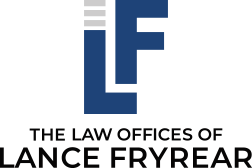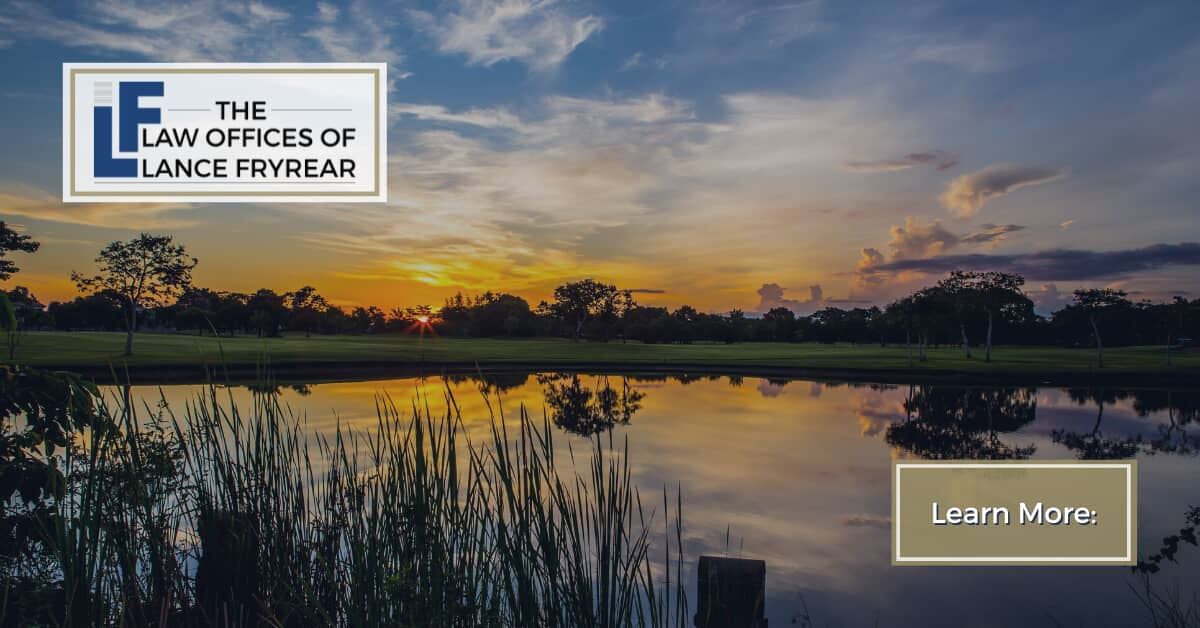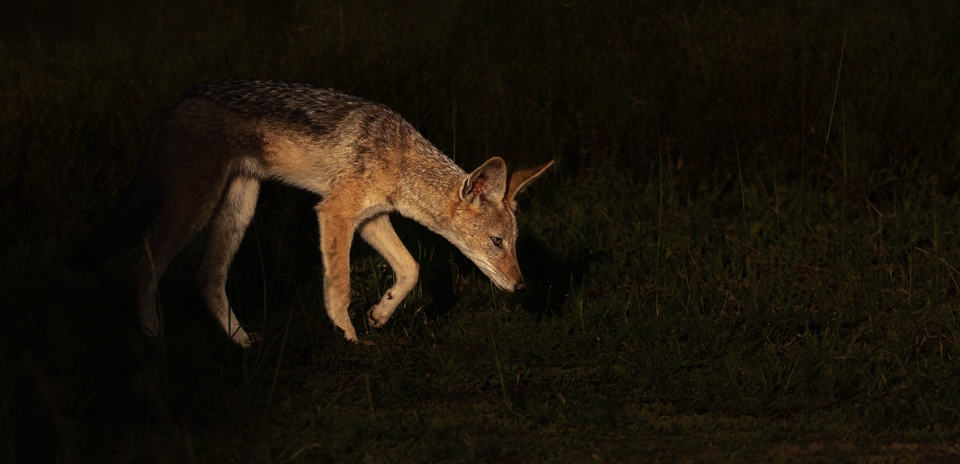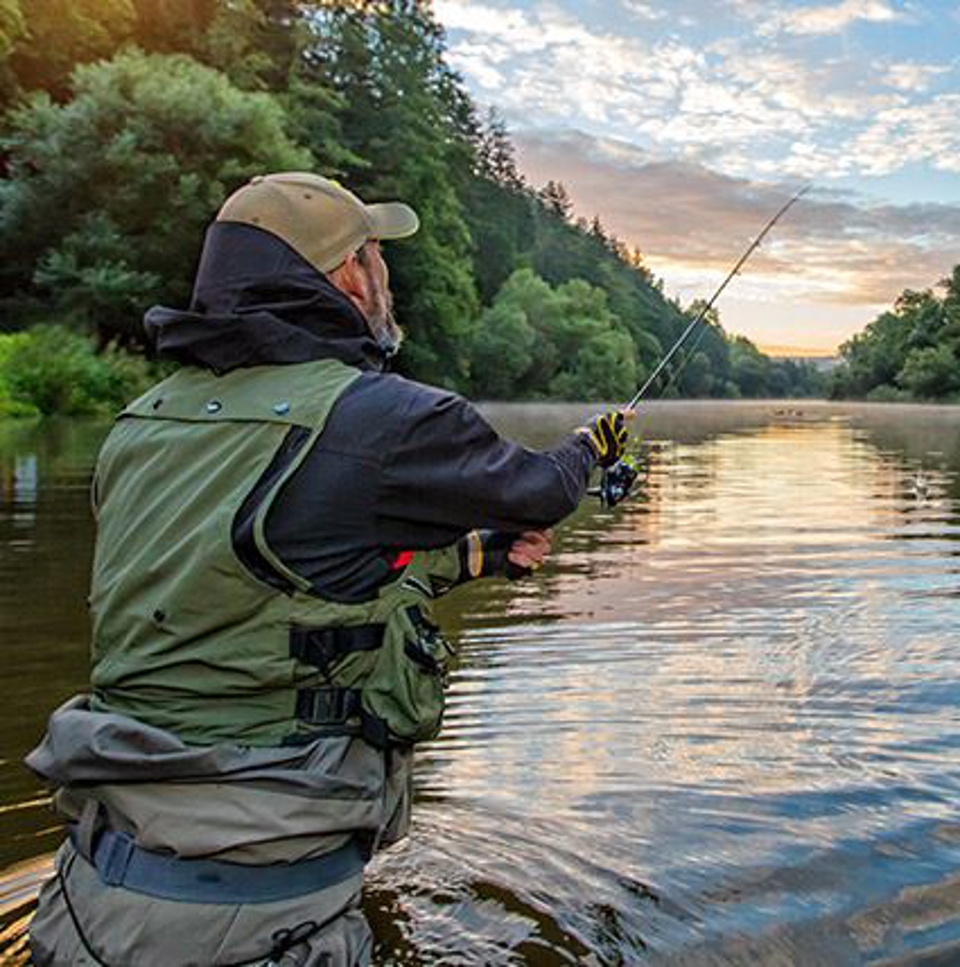As the country is rapidly changing around us during the current COVID-19 crisis, you may be wondering how are hunting and fishing affected in Washington State? The Washington Department of Fish and Wildlife has updated their website with information about open and closed areas. It is important to note that while the state may be facing a unique situation with the coronavirus state shutdowns, law enforcement and game wardens are still working and are still enforcing the Washington State fishing and hunting laws.
Wildlife Areas and Water Access Areas are Shut Down at least until April 8, 2020
Under the Governor’s order, all Wildlife Areas and Water Access areas are shut down for a minimum of two weeks from March 25, 2020. Please check the above website starting on April 8, 2020, to see if this restriction is extended.
Razor Clam Digs are Not Allowed During this Time
All planned razor clam digs have been canceled indefinitely. Do not go out digging for razor clams or you could be charged with possessing two or more times the limit of fish or shellfish. This means you could be arrested for and charged with the gross misdemeanor offense of Unlawful Recreational Fishing in the First Degree under RCW 77.15.370. This means if you catch any fish or shellfish in a closed area you can be charged with a crime punishable up to 364 days in jail and a $5000 fine.
Other hunting and fishing seasons currently underway are not impacted – but you still cannot hunt or fish while the hunting and fishing areas are closed.
Besides razor clams, as of March 25, 2020, other hunting and fishing seasons that are currently underway are still allowed by the Washington State Department of Fish and Wildlife, with the exception that one cannot hunt or fish in a closed wildlife area or water access area. So, while these areas are closed, at least through April 8, 2020, it appears to be impossible to legally hunt or fish on any public land. If the area re-opens, then the season dates have not been affected by COVID-19 at this point.
If the hunting and fishing areas re-open after April 8, 2020, it still may be difficult to legally hunt or fish, however. Under the Governor’s Stay Home - Stay Healthy order, it would be risky to try and hunt or fish, even if the areas are opened. One could argue that hunting falls under the exercise or food exception to staying home. One could also argue fishing falls under the food exception to stay at home. We are advising our clients NOT to go out and hunt and fish during the stay at home order. If you do choose to go out and try to hunt or fish, please remember to stay at least six feet away from anybody who may be in your area.
Other Hunting Law Still Apply During and After COVID-19
Also, whether now, or after COVID-19, if you decide to go hunting, make sure to carefully review the season restrictions. You can be arrested for and charged with the crime of Unlawful Hunting of Big Game under RCW 77.15.410.
Unlawful Hunting Big Game can be charged if you hunt for, take, or possess big game without the proper licenses, tags, or permits required, or if you violate any department rule regarding seasons, bag or possession limits, closed areas, closed times, or other rules.
The Class C felony of Unlawful Hunting Big Game in the First Degree can be charged if you have unlawfully taken three or more big game animals in the same course of events or you have a prior big game conviction in the past five years.
If convicted, you could be sentenced to jail time and could lose your hunting privileges for ten years. Class C felonies are punishable for up to 5 years in jail and a $10,000 fine. Felony matters are sentenced according to standard range sentences that are calculated using your prior criminal history.
The Gross Misdemeanor Unlawful Hunting Big Game in the Second Degree can be charged if you kill or possess big game taken during a closed season, closed area, without the proper license, tag, or permit, using an unlawful method, or in excess of the bag or possession limit. If convicted, you could be sentenced to jail time and could lose your hunting privileges for two years.
Gross misdemeanors are punishable up to 364 days in jail and a $5000 fine. The court has the discretion to impose any sentence within the maximum allowed sentence. In any conviction for a big game violation, a big game penalty may be imposed in addition to court fines as specified in RCW 77.15.420.
You also want to take care to follow the rules when hunting birds and animals not classified as big game. RCW 77.15.400 covers Unlawful Hunting of Wild Birds which is punishable either as a gross misdemeanor or a misdemeanor depending on the circumstances. RCW 77.15.430 covers Unlawful Hunting of Wild Animals which is punishable also either as a gross misdemeanor or a misdemeanor depending on the circumstances.
Finally, take care to follow all department rules relating to the method of hunting and fishing. For example, our office has frequently handled charges of Spotlighting Big Game covered by RCW 77.15.450. This can be either a Class C Felony or a gross misdemeanor offense and is punishable by jail time, fines, a wildlife penalty, and the loss of your hunting privileges for up to ten years.
Other Fishing Laws Still Apply During and After COVIID-19
Remember also, if you are fishing without purchasing the appropriate license and catch record card, or are over your limit in an amount less than two times the limit, you could be arrested and charged with the misdemeanor offense of Unlawful Recreational Fishing in the Second Degree under RCW 77.15.380. This offense is a crime punishable up to 90 days in jail and a $1000 fine.
All Camping on State Lands Closed Through April 30, 2020
If you like to camp while hunting or fishing, or just like to camp in general, planning to camp, in general, all Washington State lands have been closed to camping through April 30, 2020. Please find updates to this issue here
The Washington State Fish and Wildlife Enforcement Code is long and confusing. Our team of skilled attorneys can help you defend your fish or wildlife charge in King County, Snohomish County, Skagit County, or anywhere in the State of Washington. If you have any issues or need legal help, please contact the Law Offices of Lance Fryrear today. We will be there for you.
